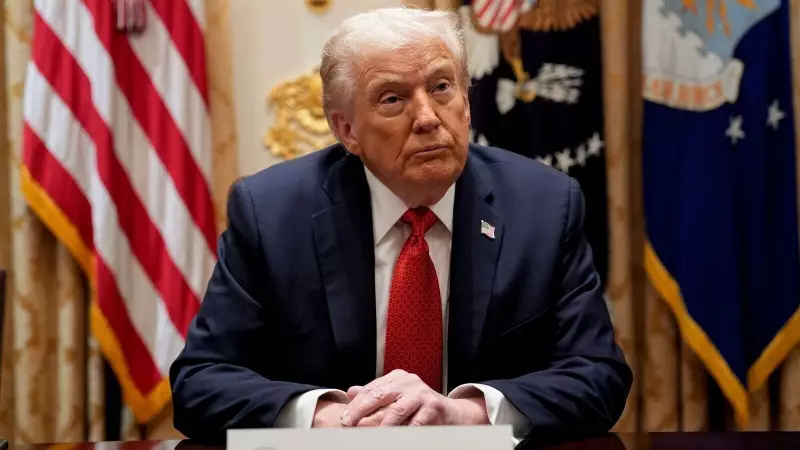
In a major strategic shift, India is set to significantly reduce its dependency on Russian crude oil, with plans to cut imports by up to 40% by the end of this year. This move represents one of the most substantial adjustments to India's energy procurement strategy since the Ukraine conflict began.
The Numbers Behind the Shift
Industry insiders and government officials confirm that New Delhi is actively working to diversify its oil sources, potentially reducing Russian crude purchases from the current 1.7-1.8 million barrels per day to approximately 1-1.2 million barrels. This recalibration comes after Russia emerged as India's top oil supplier following Western sanctions, offering substantial discounts that benefited the Indian economy.
Political Pressure Mounts
The decision unfolds against a backdrop of increasing international pressure, particularly from the United States. Former President Donald Trump has repeatedly emphasized that India's reduction of Russian oil imports "is a process," acknowledging the complex diplomatic and economic considerations involved. His comments highlight the delicate balancing act India maintains between its strategic partnerships and economic interests.
Economic Realities Drive Change
Several factors are influencing this strategic pivot:
- Narrowing price discounts on Russian crude compared to international benchmarks
- Payment mechanism complications due to international banking restrictions
- Increasing transportation and insurance costs for Russian oil shipments
- Geopolitical considerations ahead of key international summits
Global Energy Markets React
This significant reduction in Indian purchases from Russia could have far-reaching implications for global energy markets. As one of the world's largest oil importers, India's buying patterns influence global crude pricing and trade flows. The shift may force Russia to seek alternative buyers for its crude while prompting India to strengthen ties with Middle Eastern and African suppliers.
The evolving situation demonstrates how global energy alliances continue to transform in response to both economic practicalities and political realities, with India carefully navigating its position between Western allies and traditional partners.





